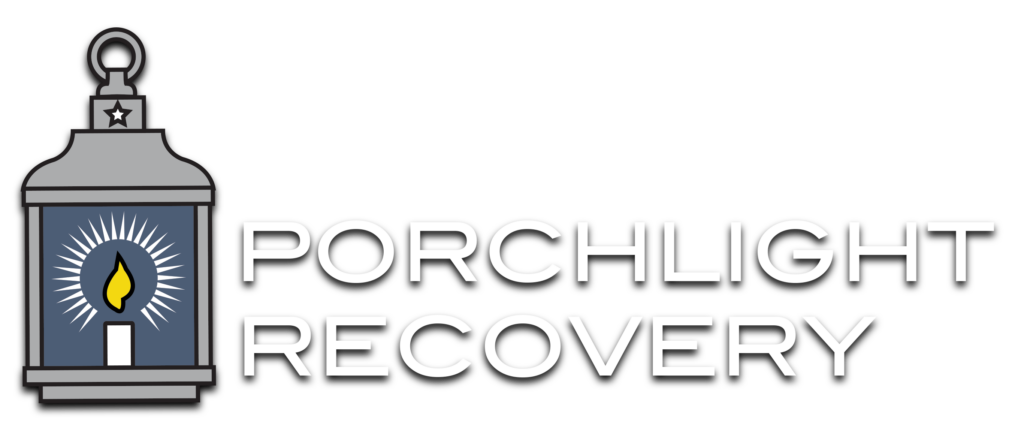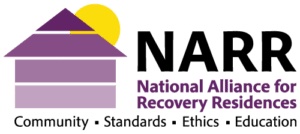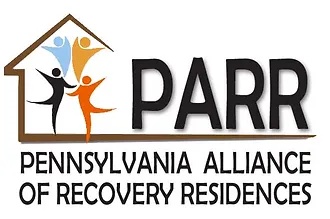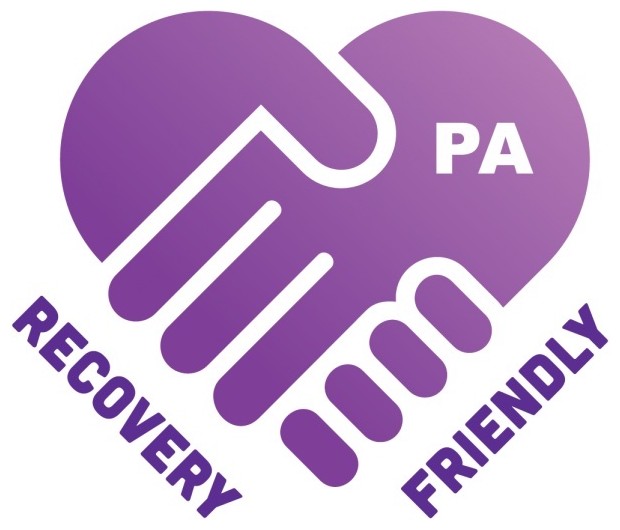What is Cocaine?
Cocaine is a powerful stimulant drug that is derived from the coca plant, which is native to South America. It is a highly addictive substance that is illegal in most countries. Cocaine typically comes in the form of a white powder, which is often snorted through the nose, but it can also be dissolved in water and injected. Additionally, cocaine can be processed into a rock crystal form known as crack cocaine, which is typically smoked.
Cocaine works by increasing the levels of dopamine in the brain, leading to a short-lived euphoric high, increased energy, and heightened alertness. However, these effects are often followed by a "crash" characterized by fatigue, depression, and strong cravings for more of the drug.
Due to its highly addictive nature and potential for harm, the use of cocaine is a significant public health concern, and individuals struggling with cocaine addiction are encouraged to seek professional help and support for recovery.
What are the signs of Cocaine addiction?
Addiction can manifest itself in a variety of indicators. Signs of cocaine addiction can manifest in various ways, and they may include both physical and behavioral indicators. Some common signs of cocaine addiction include:
1. Increased Tolerance: Needing more cocaine over time to achieve the same effects.
2. Withdrawal Symptoms: Experiencing physical or psychological symptoms when not using cocaine, such as fatigue, depression, anxiety, or intense cravings.
3. Social and Occupational Impairment: Neglecting responsibilities at work, school, or home due to cocaine use, and experiencing strained relationships with family and friends.
4. Changes in Behavior: Engaging in secretive or deceptive behavior, withdrawing from social activities, and exhibiting mood swings or irritability.
5. Financial Problems: Experiencing financial difficulties due to spending a significant amount of money on cocaine.
6. Physical Signs: These may include dilated pupils, frequent nosebleeds (if snorting cocaine), rapid weight loss, and changes in sleep patterns.
7. Risk-Taking Behavior: Engaging in risky activities to obtain or use cocaine, such as driving under the influence, risky sexual behaviors or associating with individuals involved in criminal activities.
8. Continued Use Despite Negative Consequences: Using cocaine despite being aware of the negative impact on physical health, mental well-being, and overall quality of life.
It's important to note that the presence of these signs does not necessarily indicate addiction, but if you or someone you know is exhibiting these behaviors, seeking professional help from a healthcare provider or addiction specialist is important for proper assessment and support.
What are the long-term effects of Cocaine use?
The long-term effects of cocaine use can have serious and detrimental impacts on both physical and mental health. Some common long-term effects of cocaine use include:
1. Cardiovascular Issues: Cocaine can contribute to an increased risk of heart attacks, arrhythmias, and other cardiovascular complications due to its stimulant effects on the heart and blood vessels.
2. Neurological Effects: Prolonged cocaine use can lead to neurological issues such as cognitive impairment, memory problems, and an increased risk of stroke.
3. Respiratory Problems: Cocaine use can lead to respiratory issues, including difficulty breathing, chronic cough, and an increased risk of respiratory infections.
4. Psychological Impact: Long-term cocaine use is associated with an increased risk of mental health issues such as anxiety, paranoia, depression, and psychosis.
5. Addiction and Tolerance: Continued use of cocaine can lead to the development of tolerance, dependence, and addiction, making it difficult to stop using the drug despite negative consequences.
6. Social and Occupational Impacts: Long-term cocaine abuse can lead to strained relationships, financial difficulties, and challenges in maintaining employment or meeting other responsibilities.
7. Legal Consequences: Cocaine use can lead to legal issues, including arrest and criminal charges related to possession or distribution of the drug.
It is important to understand that seeking professional help for cocaine addiction and its underlying issues is crucial for improving overall well-being. If you or your loved one is suffering from cocaine addiction, you are not alone, please seek help.
What does detox look like for Cocaine?
Typically, Cocaine detox involves a period of physical and psychological adjustment as the body clears the drug from the system. While common opinion is that cocaine does not produce a severe physical withdrawal symptom, it is important to note that each individual's detox process is different. During cocaine detox, some of the most common symptoms are:
1.Cravings: Intense urges or desires to use cocaine.
2. Fatigue: Feelings of extreme tiredness and low energy. Excessive sleeping is included in this category.
3. Depression: Emotional lows, sadness, and feelings of hopelessness.
4. Anxiety: Restlessness, nervousness, and heightened anxiety.
5. Increased Appetite: Some individuals may experience an increased desire for food.
6. Vivid Dreams or Nightmares: Disturbing or intense dreams during sleep.
7. Irritability: Feelings of frustration, agitation, or irritability.
8. Tremors and cramps: Involuntary movements of legs, arms, facial muscles.
9. Skin rashes: Some individuals experience hives as their body is detoxing from cocaine.
Seeking professional help and support during cocaine detox is important to ensure safety and comfort during this process. Medical and mental health professionals can provide guidance, support, and if necessary, comfort medications to help ease the symptoms of withdrawal. Each individual experiences cocaine detox differently, but the average amount of time for cocaine detox is 7-10 days.
What does a recovery program look like for Cocaine?
Cocaine addiction recovery is a complex and individualized process that typically involves multiple components. These are some of the key aspects of cocaine addiction recovery:
1. Treatment Program: It is recommended that an individual seek further treatment after completing a detox program. Residential treatment facilities and Outpatient programs are evidence-based treatment programs that increase chances of sustained recovery from substance abuse. Engaging in a comprehensive treatment program that may include individual therapy, group counseling, medication-assisted treatment, and other evidence-based approaches to address the physical, emotional, and psychological aspects of addiction.
2. Support Groups: Participating in support groups such as Cocaine Anonymous (CA) or other mutual aid groups can provide ongoing support, encouragement, and a sense of community with others in recovery.
3. Lifestyle Changes: Making positive lifestyle changes, such as adopting healthy habits, finding new hobbies, and building a supportive social network, can be important aspects of recovery.
4. Relapse Prevention: Learning and implementing strategies to prevent relapse, including identifying triggers, developing coping skills, and creating a relapse prevention plan.
5. Aftercare: Establishing a plan for ongoing support and maintenance of recovery after completing a formal treatment program, which may include continued therapy, support group participation, and other forms of ongoing support.
6. Addressing Co-occurring Issues: Addressing any co-occurring mental health issues, such as depression or anxiety, that may contribute to or result from cocaine addiction.
Recovery from cocaine addiction is a journey that requires commitment, perseverance, and often the support of healthcare professionals, peers, and loved ones. It's important to recognize that recovery is a process, and individuals may progress at their own pace.
Related Recovery Programs
Many individuals struggle with multiple substances. Learn about our
approach to:
- Benzodiazepines recovery (often co-occurring with alcohol use)
- Prescription drug addiction
- View all substance-specific programs




